You are here
Leadership in innovative educational organisations
About the speaker
David Hopkins
Professor Emeritus at the Institute of Education, University of London
What are the challenges faced by head teachers?
Regarding the figure of head teacher
• The role of the head teacher has changed greatly: they increasingly have more tasks to carry out and greater autonomy in schools, but also more responsibility with respect to student results.
• The training of head teachers is not always adequate. Being a good teacher does not necessarily mean being a good head teacher.
• There are not enough people that can take on leadership tasks. A generational change is taking place and the new generations are not always willing to take on this job – they feel that it is not well paid, that it requires too much dedication and that it makes it difficult to combine work and family life.
Regarding the type of education
• More personalised learning is increasingly necessary. The responsibility of schools is to know how to meet the needs of each student so that they can do their best. Head teachers face the necessity of striking a balance between the curriculum imposed by the educational system and the specific applications in each school.
• A balance must be struck between good results and a healthy environment.
• Manage diversity in the school.
• Achieve student progress in terms of knowledge and also in social values.
Some guidelines for achieving success
• Schools must train leaders among their staff.
• Leadership policies should be spread among different staff members. The head teacher should share responsibility by delegating to other staff members.
• Develop to the fullest extent the possibilities of individuals with leadership spirit. This involves the training of head teachers and making leadership tasks more attractive, as well as providing better tools for administration.
• Tend toward professionalisation of head teachers.
The profile of a head teacher who assumes leadership
• They are the only ones responsible for establishing guidelines. They must have a strategic vision and know how to apply the programme in the day-to-day running of the school.
• Understand the school staff and help them to develop.
• Create an atmosphere of trust in the school.
• The whole staff must be committed to the programme.
• Head teachers must transmit to their students the evaluation data regarding their educational level.
Some conclusions
• The head teacher's leadership is fundamental for the school to attain good results. Alongside time in class, leadership is the factor that most determines learning. There may be good teachers, but without clear leadership, they will not achieve good results. The head teacher creates conditions in the school so that teachers' work can have the desired effect.
• In successful systems, head teachers have known how to link the school with the local and national setting. Head teachers must get involved in the school and its surrounding area. The school has to be more open and collaborate with other schools (networking to achieve across-the-board improvement).
• All head teachers employ the same leadership practices, but to be successful they must be applied according to the particular situation at each school and the nature of its students.
• There is a set of personal traits that account for the effectiveness of leadership. Good head teachers do not follow the pattern of the charismatic male leader. On the contrary, they are open-minded, optimistic and conscious of their actions.
• When the school progresses or overcomes a problem, the leaders must know how to change strategies to adapt to the new context.
Discover
other ideas
-

The Crisis of Social Cohesion: School and Employme...
Robert Castel
2009 -

Segregation in schools: social and political chall...
Vincent Dupriez
2009 -

Schools and immigration: ideas and realities
Julio Carabaña
2009



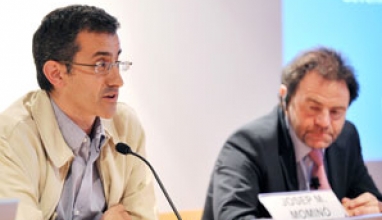

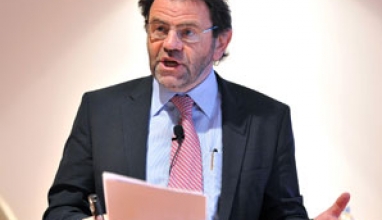
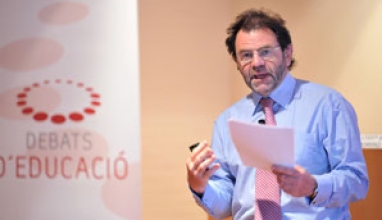
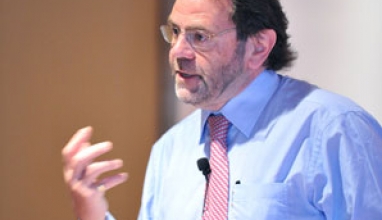
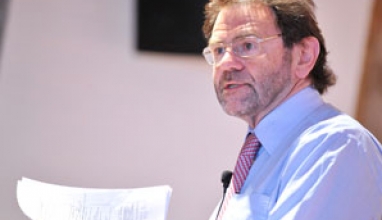
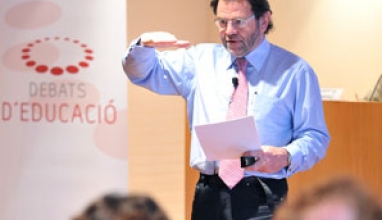
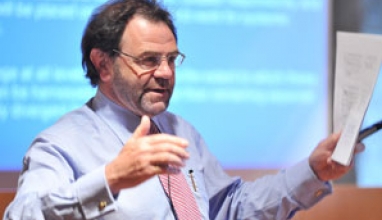
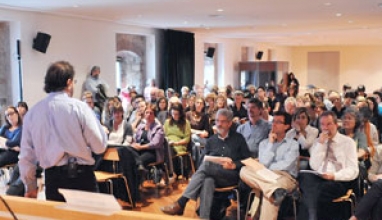
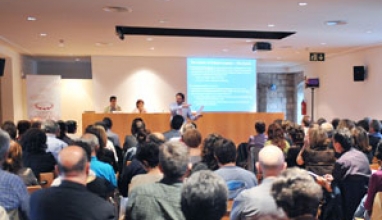
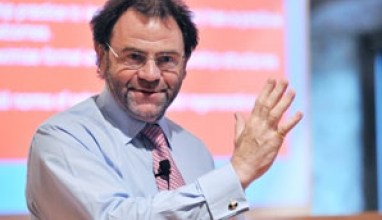

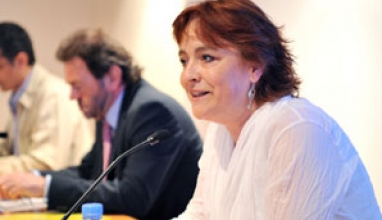
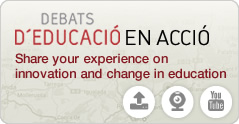


 The texts published on this website are, unless otherwise indicated, covered by the Creative Commons Spain Attribution - Non Commercial - No Derivs 3.0 licence. You may copy, distribute and transmit the work, provided you attribute it (authorship, journal name, publisher) in the manner specified by the author(s) or licensor(s). You may not use the material for commercial purposes. You may not transmit any derivative work from this material. The full text of the licence can be consulted here:
The texts published on this website are, unless otherwise indicated, covered by the Creative Commons Spain Attribution - Non Commercial - No Derivs 3.0 licence. You may copy, distribute and transmit the work, provided you attribute it (authorship, journal name, publisher) in the manner specified by the author(s) or licensor(s). You may not use the material for commercial purposes. You may not transmit any derivative work from this material. The full text of the licence can be consulted here: